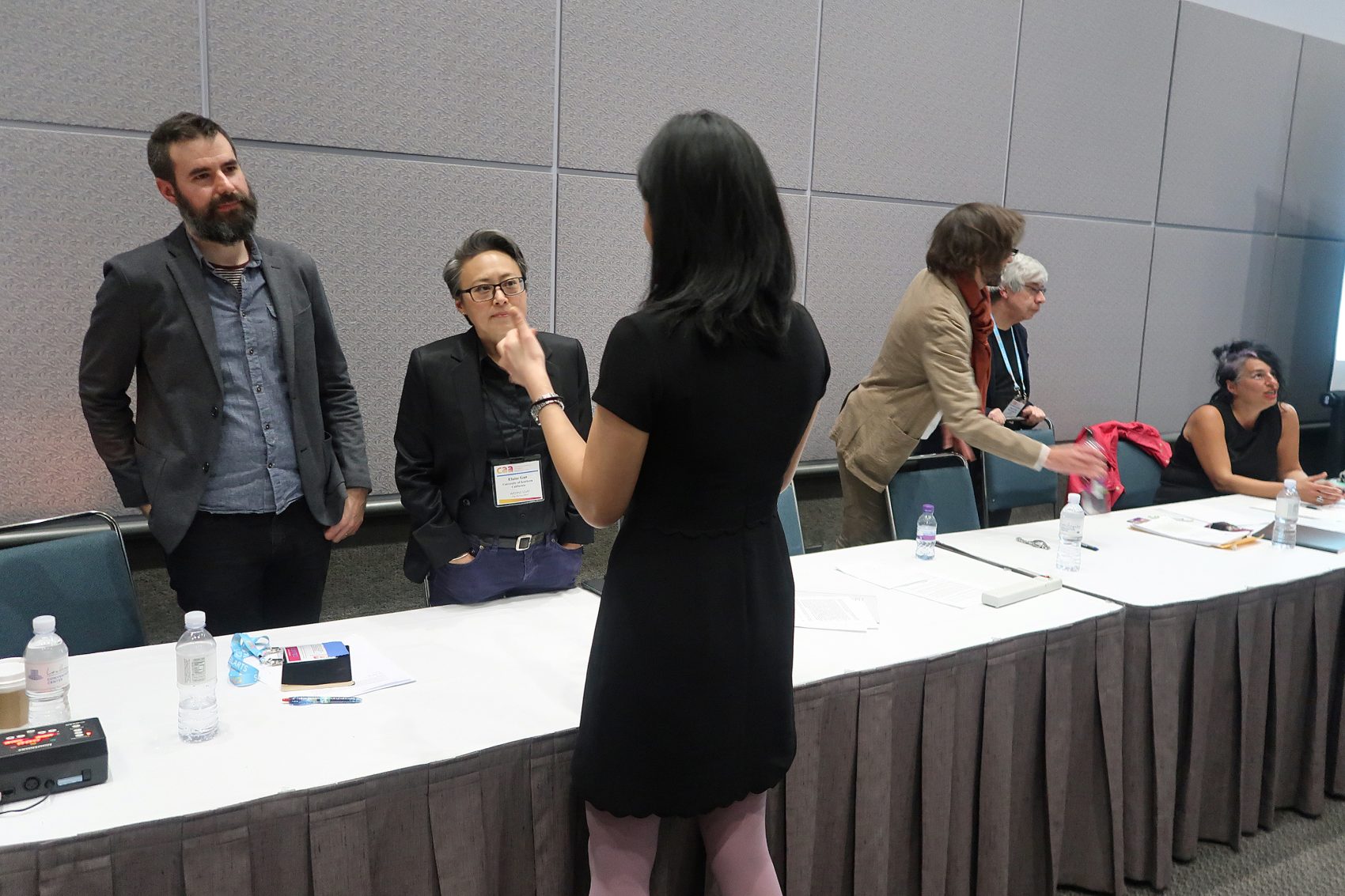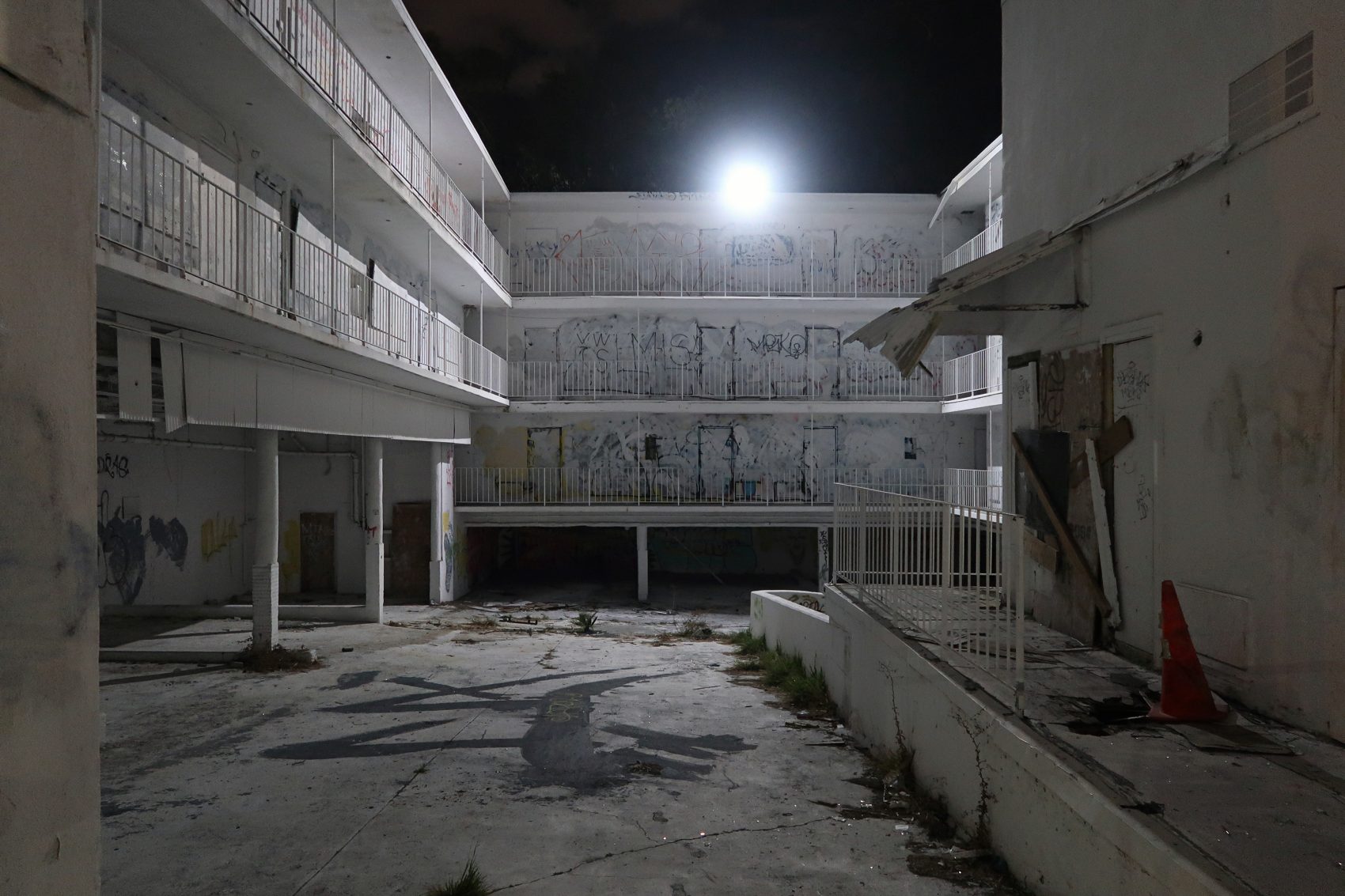- 21-24 February 2018
- Los Angeles
- Data Publics
COLLEGE ART ASSOCIATION 2018 ANNUAL CONFERENCE
The acceleration of data constitutes one of the most powerful transformative forces in the world today. Platform companies, e-government programs, and social media sites are offering almost unfiltered access to millions of lives as well as to all the creative ideas and activities that form the basis of today’s publics. A kind of “dataism” seems to be emerging as the new religion that one needs to embrace in order to be part of the production and accumulation of value, whether driven by new modes of environmental data gathering or mining and quantifying previously unquantifiable categories such as trust, appreciation, and attitude.
This panel explores the relationship between these developments and contemporary art practices. How is contemporary art enlisted in shaping new public experiences, attitudes, and expectations around a data-driven world? How does artistic experimentation interfere in the political, economic, and cultural conditions of data generation, data analytics, and dataveillance? Can art facilitate new forms of publics to emerge beyond the techno-capitalist vision of an information society? Speakers at this panel engage with such questions through specific case studies and/or broader theoretical perspectives.
CAA 106th Annual Conference
Paper Session
Session time and location:21 February 2018, 4:00-5:30 pmLA Convention Center, room 402B
Session Chairs:
PETER MÖRTENBÖCK, HELGE MOOSHAMMER
ELAINE GAN (University of Southern California)
Feral Atlas: Rethinking the Work of Art and Data
BENJ GERDES (Long Island University – Post)
Offsite: Data, Materiality, Landscape, Compression
IGNACIO VALERO (California College of the Arts, San Francisco)
PRABA PILAR (Independent Scholar/Artist)
EcoDomics and the Glitch: Art, Data, Theory

